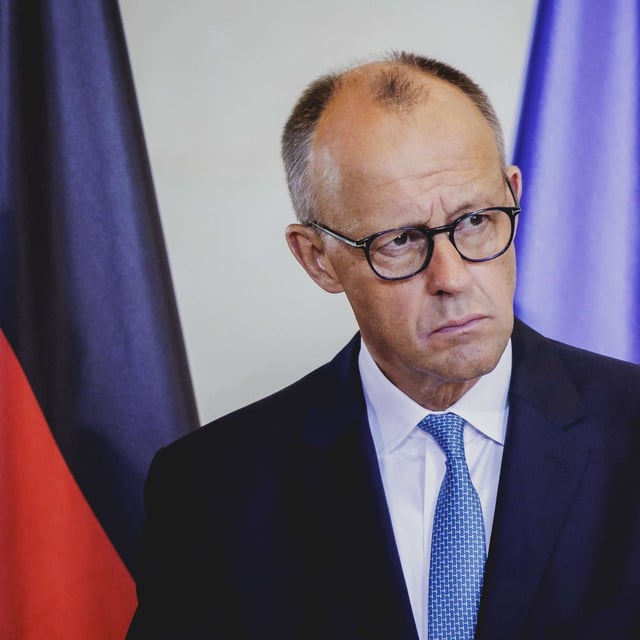Overview
- The federal cabinet approved the council’s creation on August 27, placing it in the Federal Chancellery with the finance minister as deputy and core ministers from defense, interior, foreign affairs, justice, economy, development and digital policy as members.
- A dedicated staff unit led by Jacob Schrot has been established with 13 initial posts to connect the council with ministries, security agencies, German states and external experts.
- The body is tasked with producing joint situational assessments, coordinating integrated security policy, developing medium- and long‑term strategies and running crisis simulations and exercises.
- Officials say it will be built out of the existing Bundessicherheitsrat as part of a response to a more complex threat environment shaped by Russia’s war against Ukraine.
- Next steps include formal rules of procedure, a national crisis staff and a Lagezentrum in the Chancellery, while opposition parties warn about centralization, limited transparency and weak parliamentary oversight.
